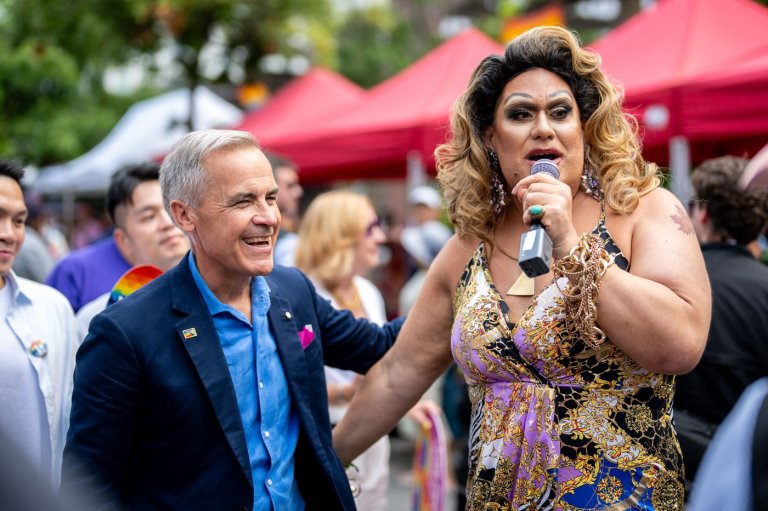Thai court to try activist for sharing BBC story about king
BANGKOK – A student pro-democracy activist who shared a story about Thailand’s new king that had been posted on Facebook by the Thai-language service of the BBC was formally indicted Friday and will be tried on the charge of lese majeste, or insulting the monarchy.
The Thai Lawyers for Human Rights legal aid group said a court in the northeastern province of Khon Kaen accepted the case of Jatupat “Pai” Boonpattararaksa. It will be the first prosecution under the lese majeste law since King Vajiralongkorn Bodindradebayavarangkun took the throne in December, succeeding his late father, King Bhumibol Adulyadej.
Lese majeste carries a penalty of three to 15 years in prison. Jatupat has pleaded innocent to the charge and another under the Computer Crime Act. He faces charges in other separate cases for his political activities opposing Thailand’s military government.
The BBC story included mentions of the new king’s personal life and other material considered too sensitive to be publicly discussed in Thailand.
Critics of the lese majeste law, known as Article 112, say it is used to silence political dissidents. Jatupat is a prominent member of Dao Din, a small student organization that has held public protests against the military government. Since the army took power in a 2014 coup, it has especially cracked down on commentary on the internet.
In Jatupat’s case, he was the only person charged for the BBC story, although it was shared by more than 2,000 other people.
The authorities have warned that even “shares” — links to a posting, rather than the content itself — could be considered a violation of the law. Jatupat had also posted several passages from the BBC Thai story.
An outside expert for the U.N. human rights office on Tuesday urged Thailand’s government to halt the use of laws that make it illegal to criticize the monarchy, calling them “a political tool to stifle critical speech.”
Special rapporteur for freedom of expression David Kaye said international human rights law is incompatible with Thailand’s lese majeste provisions.
Many human rights organizations inside and outside Thailand have made similar calls. The government has responded that freedom of expression is not absolute and that the law is necessary to maintain public order.
Join the Conversation!
Want to share your thoughts, add context, or connect with others in your community? Create a free account to comment on stories, ask questions, and join meaningful discussions on our new site.



















Leave a Reply
You must be logged in to post a comment.